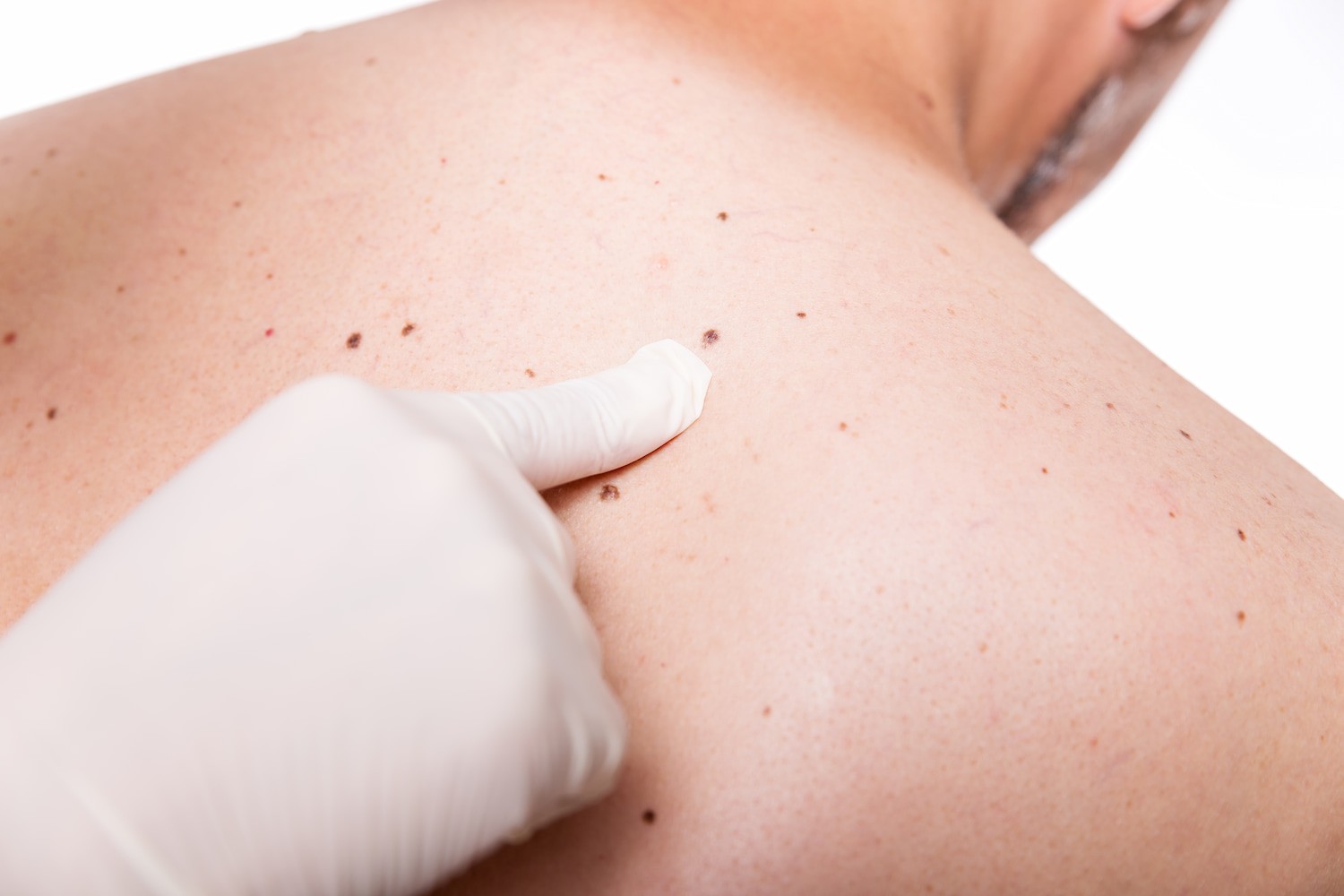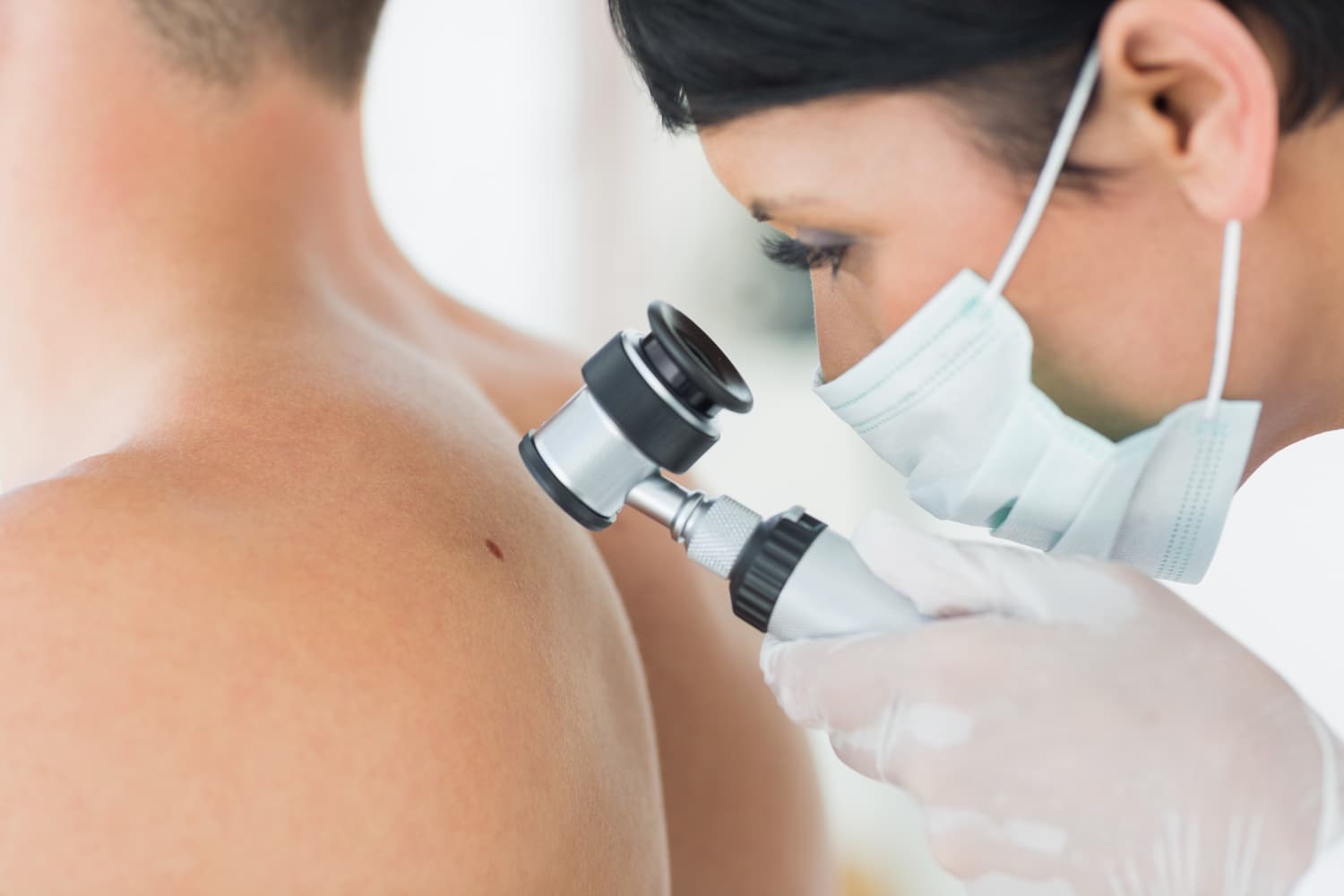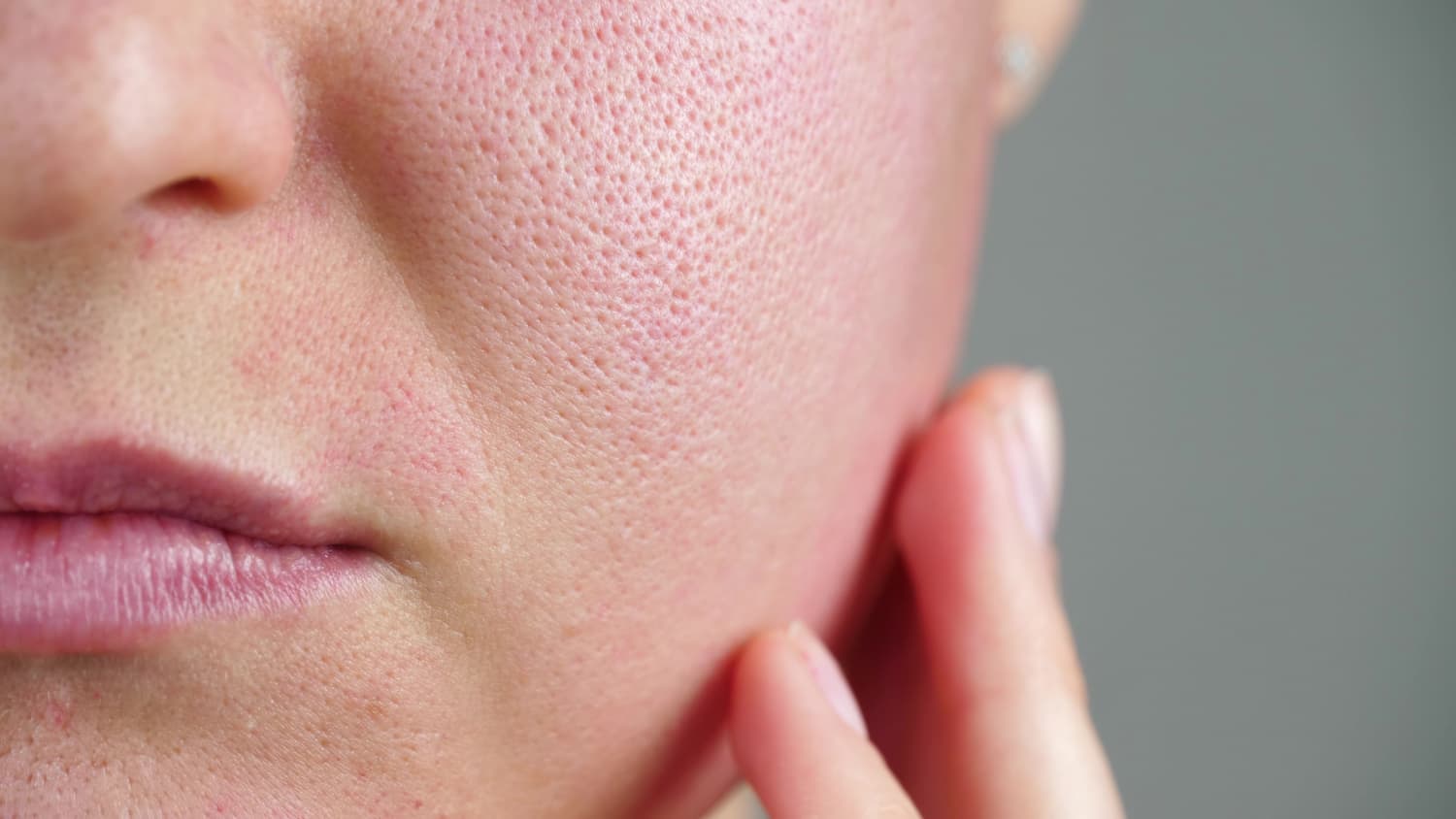Early skin cancer screenings are of utmost importance when it comes to detecting and treating skin cancer effectively. The pricing for skin cancer tests should never discourage individuals from prioritizing their health and getting screened regularly. Skin cancer is unfortunately common for millions of Americans. Detecting skin cancer at an early stage, especially aggressive types like melanoma can significantly improve the prognosis, which has a remarkable 5-year survival rate of 99%. You might be wondering how much a skin cancer screening test may cost. Affiliated Dermatology® is here today to help answer your question.
Making the most out of Your Health Insurance by Years End
Take advantage of your insurance benefits before they expire. Getting an early-detection skin cancer screening not only helps maintain your health but could also prevent potential future expenses and complications.
In many cases, health insurance plans cover the cost of a skin cancer screening. This is especially true if you have a family history of skin cancer or if you exhibit certain risk factors. It’s important to check with your insurance provider to understand exactly what is covered and what portion of the cost you may be responsible for.
Common Factors that Affect Skin Cancer Screening Expenses
Skin cancer screening costs can vary widely based on a number of factors. The type of exam being performed, the severity of the condition, and the geographic location all play into how much patients could end up paying for a skin cancer screening. In most cases, health insurance deductibles are reset at the beginning of a new year, and many patients come into Affiliated Dermatology® at year’s end when their deductibles are most likely to be met.
Exam Method
The type of exam will impact cost. Depending on the provider, a typical screening may involve examining your moles and other spots on your body by way of a physical examination or a biopsy. More complex exams such as biopsy or Mohs surgery are more expensive than basic screenings or visual exams.
Copay or Coinsurance
Another factor that can affect skin cancer screening expenses is the type of insurance coverage an individual has. While some plans might want you to meet your deductible before offering coverage, others may have you pay a set copay or a coinsurance rate after the deductible has been met.
Some forms of health insurance may cover all or part of the cost of a skin cancer screening, say if a patient’s family has a history of skin cancer.
It’s always best to ask your insurance provider ahead of time before making an appointment with your dermatologist how a screening is applied to your insurance.
Affiliated Dermatology® offers payment options through Cherry Finance and Care Credit for those who may have out-of-pocket costs from unmet deductibles so you can prioritize your skincare.
The significance of early detection of skin cancer
Skin cancer is a common condition that can be effectively treated with early detection. Taking action early on can have a significant impact on one’s quality of life.
Symptoms of skin cancer can include new moles, changing spots, and abnormal patches. It is important to be vigilant for these signs.
- Asymmetry: Unequal halves in moles or spots.
- Border Discrepancy: Jagged, uneven edges around the borders of a mole.
- Color variation: the presence of different shades or unusual colors within a single mole.
- Size: The size can vary, but it is important to be cautious if it is smaller or larger than a pencil eraser.
- Changes: A mole can change in size, shape, or color over time.
Affiliated Dermatology® Is Here to Help
Affiliated Dermatology® is open and committed to providing all patients with dermatological services. If your concern is skin cancer, our dedicated staff of dermatologists is here to help diagnose and treat many types of skin cancers that affect millions of Americans every year.
You can schedule an appointment with Affiliated Dermatology® by booking online or texting us at (480) 405-3877 today.






